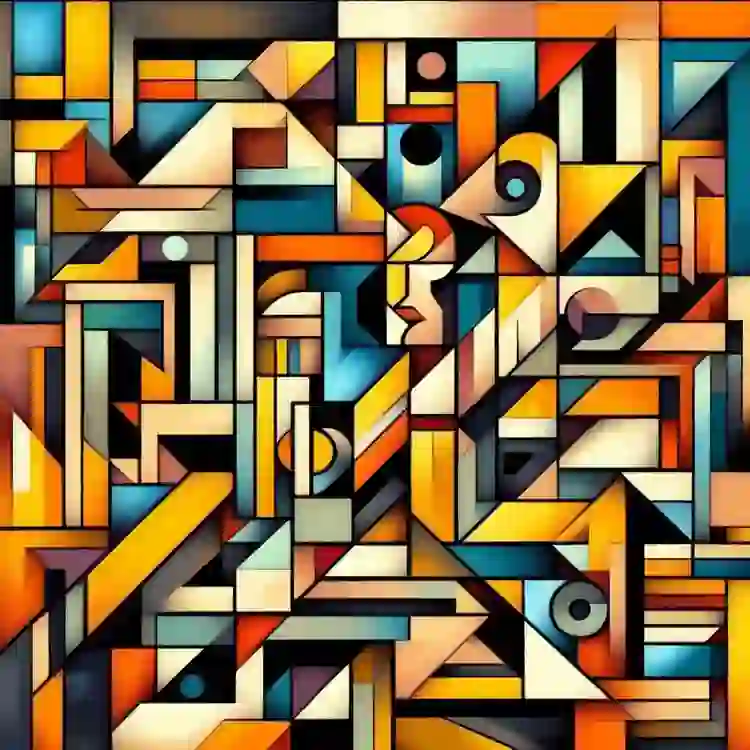
We had been planning the move for months, leaving behind the bustling streets of Delhi for the semi-urban calm of Muradnagar. Located in Uttar Pradesh, Muradnagar is a small town known for its historical significance and proximity to the Ordnance Factory, established during British rule in 1943. This factory, a major employer in the area, manufactured arms and ammunition, a symbol of the town’s strategic importance. The town itself, nestled along the Upper Ganges Canal, offers a blend of rural charm and industrial legacy.
Our new home would be on a piece of land we had purchased, though it needed quite a bit of work. When we first saw the plot, it was overgrown with weeds, a wild tangle that spoke of neglect. We reached out to Kittu, the property dealer who had sold us the land. He had a reputation in town, not all of it good, but we were hopeful.
Kittu welcomed us into his modest shop, a cluttered space filled with papers, maps, and the faint smell of old tobacco. He was a stocky man in his forties, with a thick mustache and a shrewd look in his eyes. He introduced us to Dharamveer, a man who did odd jobs around the shop. Dharamveer was a Harijan, a member of the Dalit community, whose life story was marked by hardship.
“Dharamveer will take care of the land for you,” Kittu assured us, patting the man on the back. Dharamveer nodded quietly. He was in his early thirties but looked older, with tired eyes that spoke of sleepless nights. His wife had died recently, leaving him with three young children. Due to his lower caste, his neighbors had refused to let him bring his wife’s body home before the funeral, a deeply painful experience for him.
Kittu had stepped in, involving the police to ensure that Dharamveer could perform the last rites. Since then, Dharamveer had worked for Kittu, though the relationship seemed more like master and servant than employer and employee. Kittu treated him harshly, often barking orders at him and making him do the most menial tasks.
“Just pay an advance of 600 rupees,” Kittu said, extending his hand. We handed over the money, hoping the land would soon be cleared.
Days turned into weeks, but the weeds remained. Dharamveer kept making excuses, always promising to start tomorrow. Frustrated, we approached Kittu, who put on a show of anger.
“I’ll deal with him,” Kittu promised, but there was a glint in his eye, a hint of amusement that suggested he was enjoying our predicament.
We realized we had been too trusting, especially since Kittu was known to some of our relatives back in the village. The thought of causing a scene over 600 rupees seemed petty, so we decided to distance ourselves from him. Whenever we walked past his shop, Kittu would look up expectantly, but we never stopped to greet him. He knew something had changed.
One hot summer night, there was an extended power cut. Seeking some relief from the stifling heat, I stepped outside. The streets were dark, save for the occasional flicker of a lantern. Two figures stood by a pole, talking in hushed tones.
I walked closer, keeping to the shadows. It was Kittu, drunk and smoking a bidi, speaking to Dharamveer.
“The Jaat fellow isn’t giving me my 18,000 bucks,” Kittu slurred angrily. “I gave him the lead to buy the plot. I’ll kill him, I swear to God.”
Hearing this, I felt a strange sense of satisfaction. Kittu, the man who had cheated us, was facing his own troubles. There was a perverse justice in it. I continued walking, a small smile on my face, and returned home. That night, for the first time since moving to Muradnagar, I slept peacefully.
Utsav Kaushik studies English at Zakir Husain Delhi College (Evening), University Of Delhi. He has conducted research in wide areas such as: Literary criticism, 17th-18th Century English Poets, Victorian Era, etc. He is currently working on the U.G.C innovation Project, as well as on a research paper in the field of Post-colonialism. He has won First prize in an inter-college fest for best self-composed poetry for his poem “From Body to Soul”. Also, has a deep interest in writing poetry, songs, short story and plays
Utsav Kaushik, hailing from the enigmatic realms of North India, possesses a voice deeply entrenched in the nuanced shades of grey that define the region’s cultural tapestry. His poetic expressions, resonant with the echoes of his homeland, have found a home in esteemed literary publications worldwide. With works featured in prestigious platforms such as LondonGrip, The Paragon Journal, Ashvamegh…the Literary Flight, InkSweatTears, Indian Ruminations, Linden Avenue Literary, Hawaii Review, and numerous others. Through his verse, he navigates the complexities of human experience, weaving together threads of emotion and insight, leaving an indelible mark on the contemporary literary landscape.






Leave a Reply